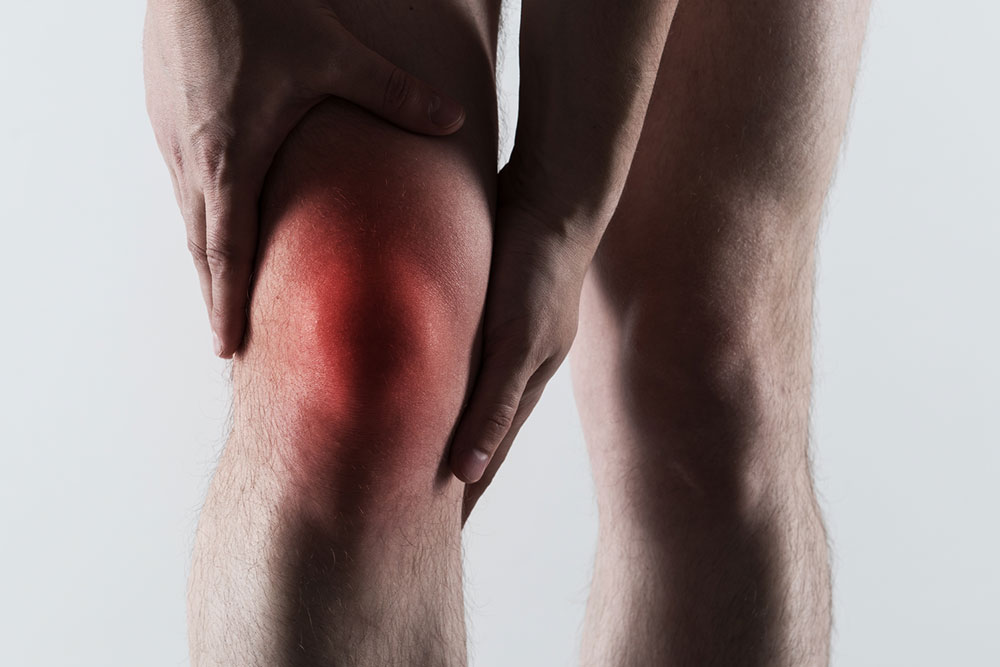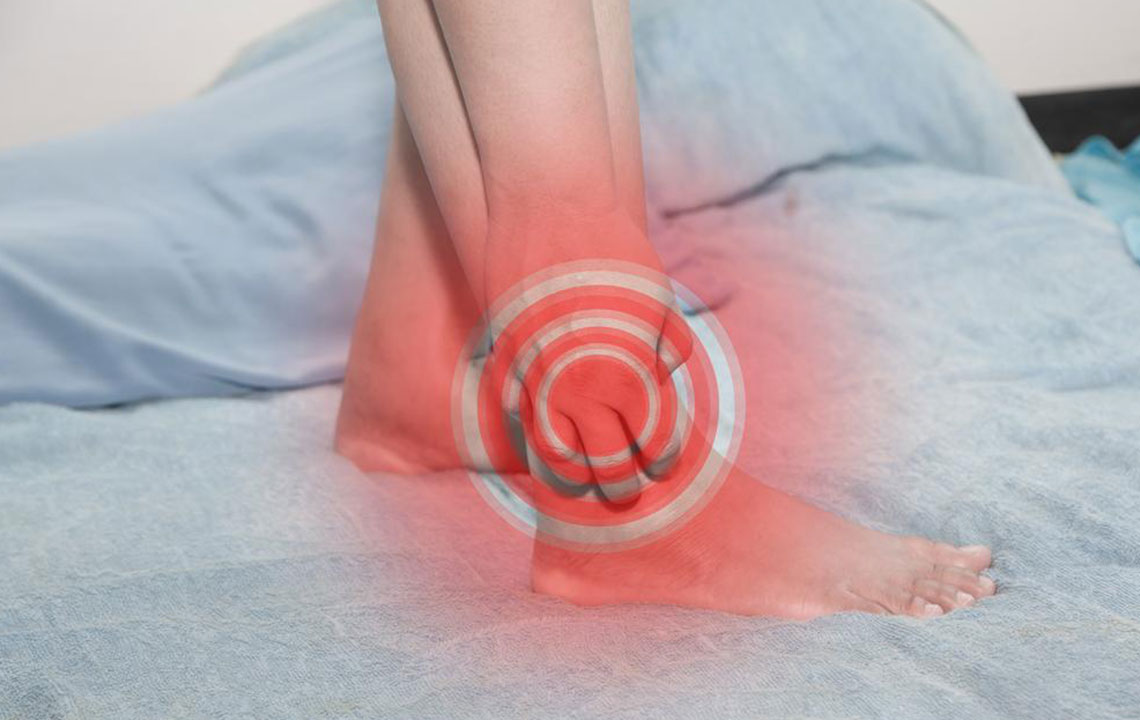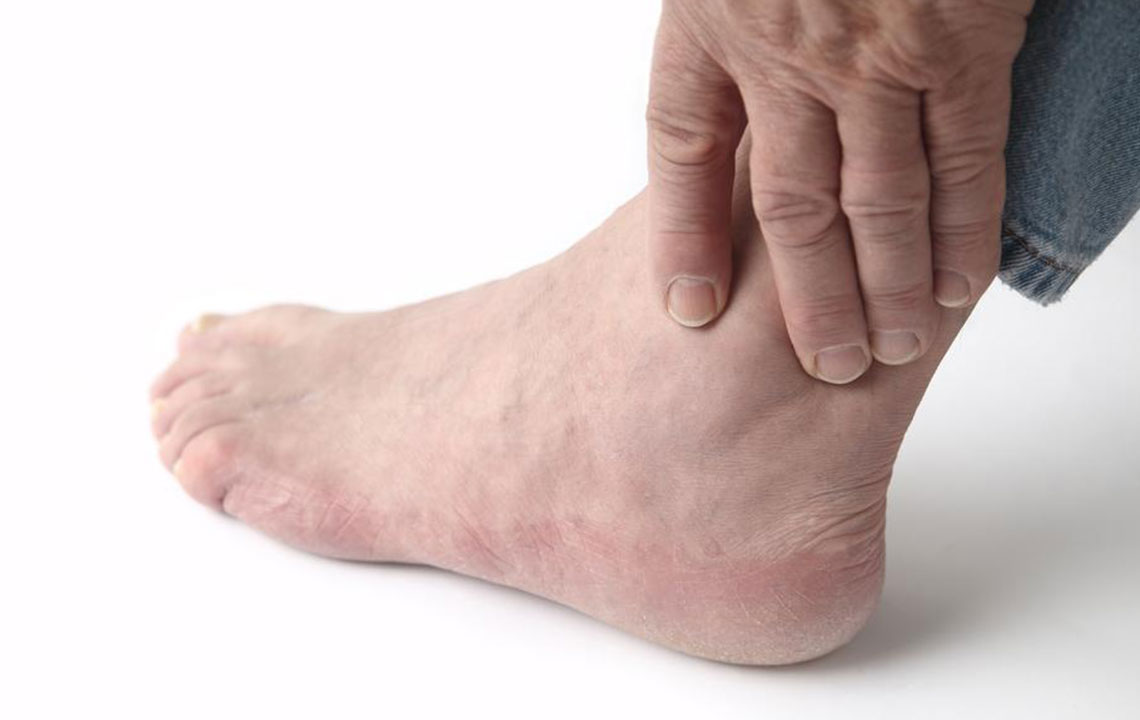Effective Strategies for Managing Gout Symptoms
Discover effective strategies to manage gout symptoms, including medications, dietary changes, lifestyle adjustments, and home remedies. Learn how to reduce pain, prevent flare-ups, and improve quality of life with proven therapies and lifestyle tips for this common yet manageable condition.

Effective Strategies for Managing Gout Symptoms
Understanding the early signs of a gout flare-up can help in prompt management. Gout attacks are challenging because they often occur suddenly with limited options to prevent them once triggered. While there is no absolute cure, various home remedies and medications are available to ease symptoms. Gout, known as gouty arthritis, dates back to the fifth century B.C. and was called the "king's disease" due to its link with rich foods and alcohol consumption.
An attack may present with warning signs or strike unexpectedly. The condition progresses through four phases: asymptomatic hyperuricemia, acute gout, interval gout, and chronic tophaceous gout, each with distinct symptoms and treatments. The most affected joints are typically the toes, especially the big toe. The top five treatment options combine medication and home remedies to alleviate pain and swelling.
Gout pain primarily results from excess uric acid deposits in joints, forming crystals that cause inflammation and discomfort. Several factors contribute to elevated uric acid levels, including dietary habits, alcohol use, kidney or thyroid issues, and genetic predispositions. Consuming foods like shellfish, red meats, organ meats, sweet drinks, and salty foods can increase uric acid, while medical conditions such as kidney problems may also play a role. Individuals with a family history of gout or those who consume alcohol frequently are at higher risk. Typically, the big toe is most affected, but other joints like knees, ankles, and elbows can also be involved. Symptoms peak within 12-24 hours and may last up to two weeks.
Managing gout pain effectively involves a combination of treatments. The major approaches include:
Pain Relief Medications: Nonsteroidal anti-inflammatory drugs like ibuprofen or naproxen, colchicine, and corticosteroids help reduce severe pain and swelling during flare-ups.
Uric Acid Level Control: Medications such as allopurinol and probenecid are used to lower uric acid production, preventing future attacks. These should be taken cautiously under medical supervision to avoid complications.
Dietary Modifications: Avoiding high-purine foods such as organ meats, shellfish, and red meats, along with reducing alcohol intake, can significantly lessen attack frequency. Dietary changes remain a cornerstone for long-term management.
Home Remedies: Applying cold compresses to inflamed joints reduces pain. Resting affected joints and elevating them helps in recovery.
Lifestyle Adjustments: Maintaining a healthy weight, quitting smoking, and reducing alcohol consumption can decrease attack severity and frequency.
Prevention is key in gout management, and adopting good lifestyle habits can reduce flare-ups. Strategies include limiting high-purine foods, staying well-hydrated, controlling weight, exercising regularly, and avoiding alcohol and tobacco. Gout is a treatable condition, and early intervention with appropriate medications and lifestyle changes can significantly improve quality of life.
Note:
Our blog provides comprehensive health insights based on research and expert knowledge. However, this information is for educational purposes and should not replace professional medical advice. Always consult a healthcare provider for diagnosis and personalized treatment plans. We are not responsible for discrepancies or inaccuracies in other sources, and readers should verify information before making health decisions.










